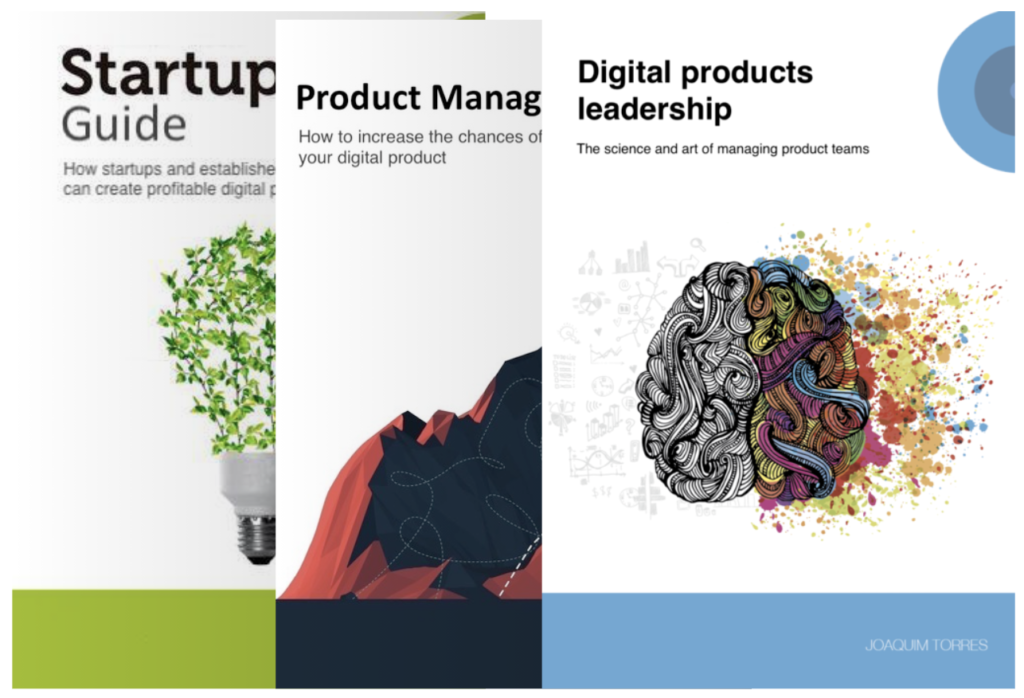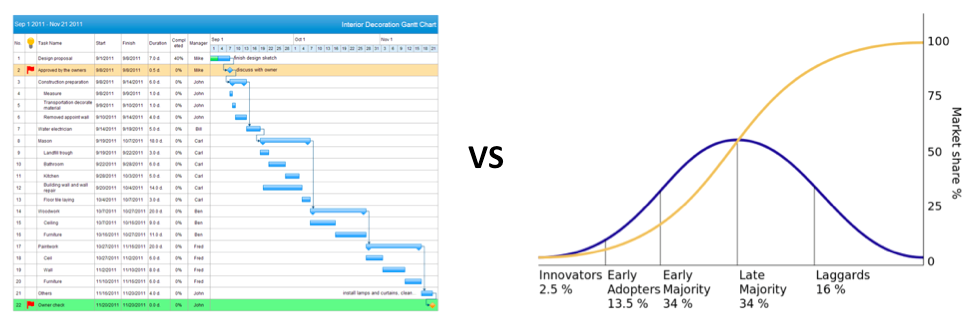
Talk about sales and product
17 de May, 2023
The IT problem
31 de May, 2023When we treat software development as a project, we are giving it a start and an end, since all projects have clearly defined starts and ends. If we think about starts, that’s ok. All software development efforts have a clearly defined start.
However, when we talk about the end, software development and the software which is the product of the software development process may have an end but:
- it’s quite difficult to define when is the end of the software development since that as soon as we put the very first version of the software in front of real users, we’ll receive a lot of feedback which we’ll make us start to think about opportunities to improve the software;
- it’s quite difficult to define when is the end of the software. Every software exists to support one or more business processes, to reach certain business objectives while satisfying the needs of its users. As long as these processes exist, and the software reaches the business objectives and satisfies the user’s needs, there’s no reason to end the life of the software.
For this reason, both software development and the software which is the product of the software development process may have an end, but it is a clearly defined end. When we treat software development as a project we are forced to define an end for this development since projects require a clearly defined end. In this situation, we tend to define the software development end as the delivery of the software’s first release. But what happens after this delivery? Aren’t we going to do anything new with this software? Or should we start a new project to work on the next release of the software? If we decide to start a new project, what we will do while we don’t start to work on this new version?
This is why companies have started to treat software development as a continuous process, not a project, and the software as a product of this process. Software is a product with a clearly defined start, but no clearly defined end. The history of a software product is written during the life cycle of this product and the end depends a lot on the decisions made during this life cycle.
Hence the need for software product management in our industry.
ThoughtWorks finally move “products over projects” from trial to adopt
ThoughtWorks is a software development consulting firm well known for always being a step ahead of the software industry. Several people who have contributed and continue to contribute to our industry are or have been ThoughtWorkers. Martin Fowler, Jeff Patton, Neal Ford, Jim Highsmith, Rebecca Parsons, Ola Bini, Jim Webber, Luca Bastos, Paulo Caroli, and Claudia Melo are just a few examples of the names of people who work (or have worked) at this company and contribute a lot to the evolution of our industry.
Since 2010, they have been publishing their Technology Radar with their insight into software development techniques, languages, platforms, and tools. This vision builds on the experience of its consultants working on a variety of software development projects with clients around the world. They classify these techniques, languages, platforms, and tools into four categories:
- Hold: Something that appears as hold may be of some interest, but it is not recommended to invest much.
- Assess: When something appears or moves to the assess category, it is worth investing some time to understand the impact of this technique, language, platform, or tool.
- Trial: When something appears or moves to trial, in addition to investing some time in understanding, it is also important to try out the technique, language, platform, or tool.
- Adopt: Finally, when something reaches the stage of adopt, it is definitely a technique, language, platform, or tool that should be incorporated into your software development process.
In May 2015, I was very happy when Technology Radar brought as a new item the concept of Products over Projects, already classified as trial. In short, they see that software development should not be viewed as a project with a beginning, middle, and end, but rather as a product that supports the processes of the software owner and needs maintenance throughout its cycle, which will be as long as the business process life cycle that this software supports. Finally, ThoughtWorks begins to see the importance of product management for software success!
How joyful I was after seeing that, at Technology Radar published in November 2015, ThoughtWorks changed Products over Projects from trial to adopt? With this, they come to consider product management as something that should be adopted in the software development process in order to increase the chances of success of this software.
Certainly, this will help us to have better software that meets the needs of its users while helping the owner of this software achieve its goals. This is very good for the software industry. And that’s very good for digital product management! \o/
2023 update
This article was originally written in 2015 and is one of the final chapters of my book “Product Management: How to Increase the chances of success of your digital product”. Despite being almost 10 years old and having come a long way in understanding how to make products, we still have a lot of room to improve. There are still many people and companies that understand software development as a project. I see companies investing millions of reais and many months – even years – developing software to put it on the air and being disappointed with the result. That’s why I’ve been investing my time in helping companies and people to connect business and technology through consulting and training in product management and digital transformation.
Workshops, coaching, and advisory services
I’ve been helping companies and their leaders (CPOs, heads of product, CTOs, CEOs, tech founders, and heads of digital transformation) bridge the gap between business and technology through workshops, coaching, and advisory services on product management and digital transformation.
Newsletter
I write regularly about product management, product development, digital product leadership, and digital transformation. You can receive a notification whenever I publish a new article without depending on any social network algorithms to notify you! Just subscribe to my newsletter.
Digital Product Management Books
Do you work with digital products? Do you want to know more about managing a digital product to increase its chances of success, solve its user’s problems and achieve the company objectives? Check out my Digital Product Management bundle with my 3 books, where I share what I learned during my 30+ years of experience in creating and managing digital products:
- Startup Guide: How startups and established companies can create profitable digital products
- Product Management: How to increase the chances of success of your digital product
- Leading Product Development: The art and science of managing product teams
You can also acquire the books individually by clicking on their titles above.


